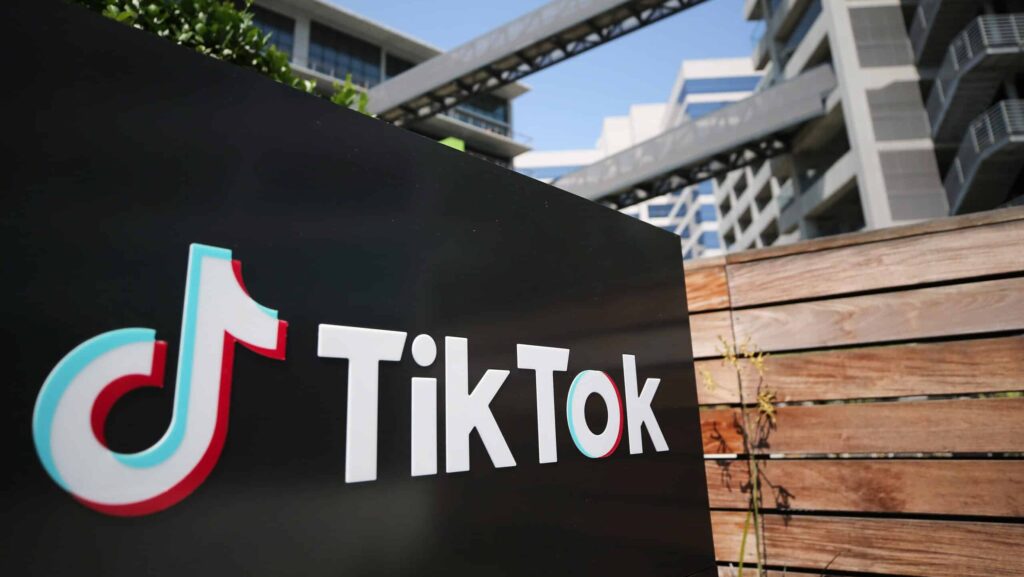Summary:
-
TikTok sparks music industry controversy by terminating Merlin agreement, raising concerns about fair compensation for independent labels.
-
UMG clashes with TikTok over licensing rates, resulting in ban on high-profile artists. TikTok’s new agreement promises improved artist compensation and protections.
-
TikTok’s decision to end Merlin deal poses challenges for independent labels, with concerns about negotiating power and fair rates in new contracts.
In recent months, TikTok has ignited controversy within the music industry, particularly among independent labels, by terminating its licensing agreement with Merlin, a trade group representing over 500 independent labels. This move has raised significant concerns about the platform’s commitment to fair compensation for the music that fuels its service.
Earlier this year, a similar confrontation occurred between TikTok and Universal Music Group (UMG), the largest music company in the world. UMG had removed nearly all of its artists and songwriters’ work from TikTok amid disputes over licensing rates. In an open letter dated January 30, UMG Chairman and CEO Lucian Grainge criticized TikTok for proposing payments to artists that were “a fraction of the rate” offered by other major social media platforms. He argued that TikTok was attempting to establish a music-driven business model without adequately compensating those who create the music.
While Grainge’s points were valid, the timing of UMG’s actions raised eyebrows. The company had recently reported robust earnings and approved a $150 million bonus for Grainge, all while silencing artists who had been encouraged to leverage TikTok for promotion. The resulting ban, which began in February and lasted three months, affected high-profile artists such as Harry Styles, Elton John, and Ice Spice, but it hit non-superstar artists particularly hard. Many had invested substantial time and resources in building their presence on the platform.
As UMG navigated its public relations challenges, rival music companies seized the opportunity to promote their artists’ music on TikTok, benefiting from the absence of UMG’s high-profile roster. However, as TikTok began allowing UMG artists to return to the platform, it announced a new agreement that purportedly offered improved compensation for artists and songwriters, along with protections related to generative AI. The resolution appeared to be a compromise, yet the situation has evolved significantly since then.
Now, TikTok’s decision to end its deal with Merlin poses a new and more pressing challenge for independent labels. The platform has indicated it will negotiate individual contracts with each label, a move that many in the industry interpret as a strategy to weaken collective bargaining power. TikTok claims this shift is in response to widespread “fraud” that Merlin has failed to combat. However, industry insiders argue that this explanation is a facade for a financially motivated effort to reduce payouts to independent labels.
Merlin operates much like a union for independent labels, which represent a diverse array of artists. In a letter to its members, the organization expressed concern that TikTok’s decision stems from a reluctance to pay fair rates for the music that powers its platform. They argue that TikTok aims to fragment its collective bargaining power by breaking Merlin’s unity.
ADVERTISEMENT
TikTok’s claims of rampant fraud primarily center around issues related to music uploaded from regions such as South America and Eastern Europe. The company alleges that some users have been uploading altered versions of popular songs to evade detection. However, many in the independent music community dispute this narrative, arguing that such allegations are a smokescreen for financial motivations.
Sources within the independent-label community report that TikTok’s new contracts offer significantly lower rates compared to the soon-to-expire Merlin agreement. Many labels have found themselves faced with “take-it-or-leave-it” offers, creating a sense of urgency as they scramble to negotiate new terms before the Merlin deal expires on November 1. With only weeks to respond to these contracts, independent labels are worried about their music being removed from TikTok, which boasts over 170 million users in the U.S. alone.
The stakes for independent labels are high. TikTok’s parent company, ByteDance, posted approximately $120 billion in revenue, while the entire global recorded music industry generated around $35.1 billion in 2023. By cutting ties with Merlin, TikTok has transformed a unified entity into hundreds of smaller, more vulnerable ones, making it easier to impose unfavorable terms on individual labels.
A TikTok representative stated that the company respects the independent music community and aims to offer all types of music on its platform. They argue that negotiating directly with labels allows for better oversight of content quality and fraud detection. However, many independent label representatives remain skeptical, fearing that the company will focus primarily on larger labels while offering standardized contracts to smaller ones, resulting in less favorable terms.









